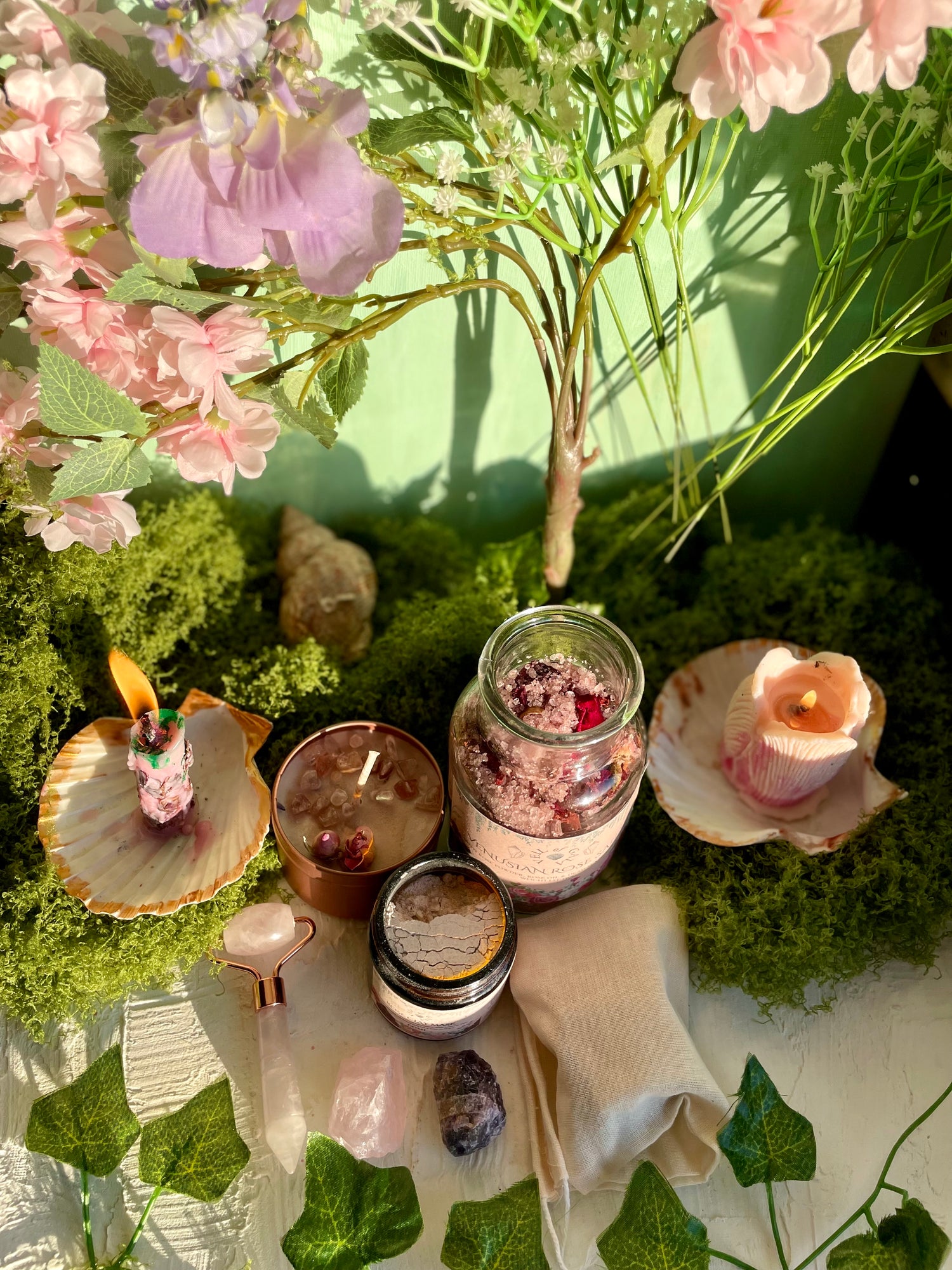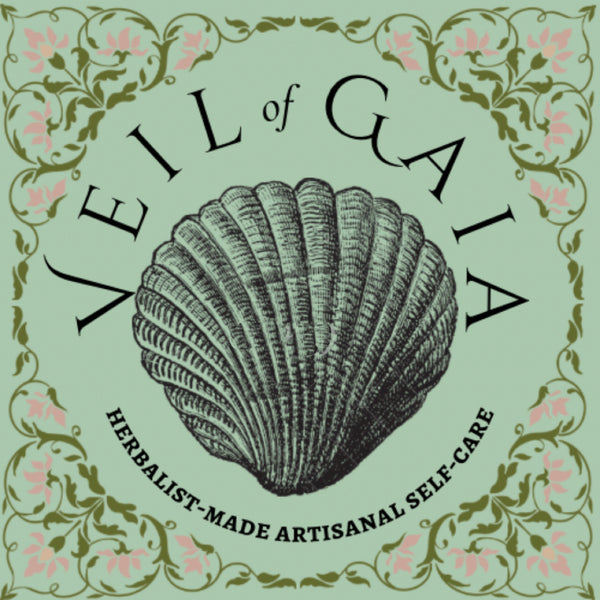If, like me, you suffer from hayfever, then the approaching months may be somewhat anxiety-inducing for you. The runny nose, sneezes, congestion, watery eyes etc can really deter us from enjoying the summertime and all that nature has to offer. While these are the typical hayfever symptoms, there are many others too, such as headaches, itchy ears, rashes, muscle aches etc. Our body's response to allergies is an immune response, as our body is reacting to the pollen trigger. As a result, we produce histamine which causes many of the hayfever symptoms that we suffer from.
While many over-the-counter antihistamine allergy tablets can be helpful, some of the side effects can be too much of a downside, such as the drowsiness, lack of coordination etc. Therefore, natural remedies are always beneficial to consider. Plants have so many healing properties to share with us, so why not work with them to ease those dreaded seasonal allergy symptoms?

Vitamin C:
Vitamin C is always the first remedy that crops up when we talk about natural antihistamine relief. You could either supplement it or obtain higher vitamin C levels by eating foods rich in it, such as oranges, cranberries, bell peppers, kiwi, tomatoes, broccoli, elderberries, grapefruit etc.

Bromelain:
You might've heard about bromelain as the proteolytic enzyme found in pineapple juice and in the stem of the fruit. It is often used to aid in the treatment of inflammation. Eating pineapple fruit is a good way to get some of the enzyme into your system, but also taking the supplement form is even stronger due to the higher concentration.

Butterbur:
A shrub that got its name from its use as a wrapping for butter, this plant is often used as a remedy for migraines and allergies. More specifically, it inhibits the LT (leukotriene) which is an inflammatory molecule that causes allergic symptoms, particularly ones that are nasal and is also one of the molecules released during asthma attacks.

Probiotics:
We've all heard about how important gut health is. But that is because it is true. Our gut is directly linked to our brain and our immune system, which is why bad gut health leads to a weakened immune system. How does this effect allergies? Well, an allergic reaction is an immune response from the body. When your immune system is strong, it can help to fight triggers that may cause a bad reaction. That is one of the many reasons why maintaining plenty of good bacteria in the gut is so important!

Quercetin:
Present in lots of different herbs and foods, quercetin is a flavonoid and plant pigment that is great for protecting us against lots of different diseases. When it comes to allergies, it acts as an antihistamine, preventing the severity of allergy symptoms, such as swelling, hives, watery nose/eyes etc. It is present in so many natural sources, such as red onions, apples, black and green tea, peppers, broccoli, ginkgo biloba, parsley, citrus fruits, dark berries, to name a few. However, if you want 'faster', stronger results, taking it in supplement form is the option to go for.

Aloe Vera:
Aloe vera has been used for centuries for its healing properties, from Native American natural remedies to treat burns and inflammation, to its use in Ayurveda for its cooling and rejuvenating properties. Applying aloe vera topically helps to soothe any rashes or hives that may break-out due to allergies, while consuming its juice helps to block the production of histamine, as well as calm internal inflammation. On top of this, keeping the plant in your space is also really helpful, as it improves the air quality of the room at night, making it great for those bunged-up, congested nights.

Ginger:
Consuming ginger daily, especially strong cups of lovely ginger tea helps to boost our overall immune system. But also, its anti-inflammatory properties help to calm swelling and congestion, opening up the nasal airways.

Other tips to help with pollen allergies include washing your face, hands and clothes after being outside. This is due to the likelihood of pollen being on these surfaces, continuing to react with your immune system even after you've returned indoors. This also prevents this pollen from being transferred to other things, such as your bedding and overall living space!
Saline solutions to clear the nasal passage will help to remove excess mucous that's clogging up your nose and sinuses. In Ayurveda, using a neti pot to do so is advised to be part of your daily routine, to keep your nasal passage clear and free.
Overall, it would be safe to say that trying lots of different things to treat hayfever symptoms is your best bet for finding what works for you. While over-the-counter medication can help, there's no harm in naturally treating your symptoms to ensure your body is nicely protected against those dreaded summertime sniffles!


